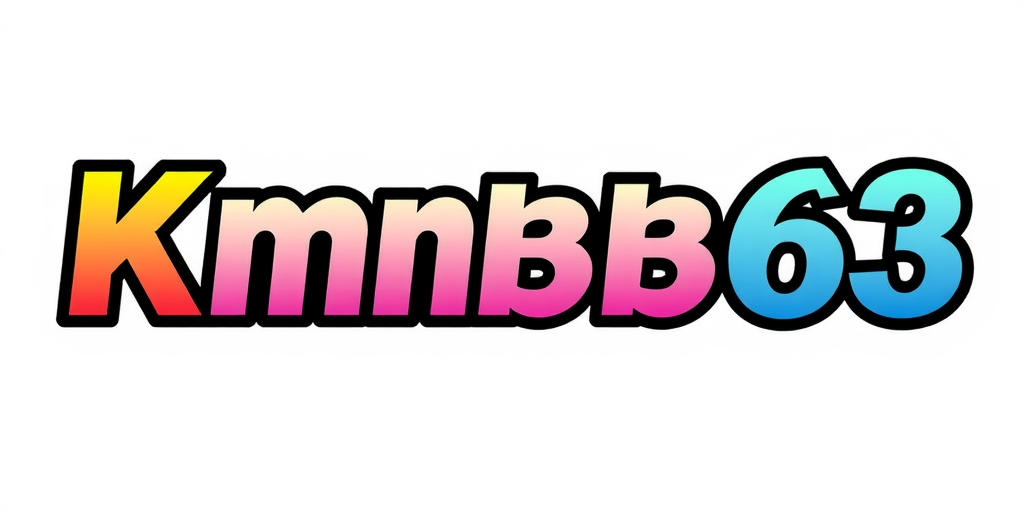Gambling Games and Their Impact in Popular Culture
Casino games have long captured the fascination of humans around the planet, becoming an integral part of both entertainment and society. From the glimmering lights of Nevada to the immersive experience of virtual casinos, these games evoke excitement, uncertainty, and sometimes even a sense of sentimentality. They are more than just pastimes; they have woven themselves into the texture of society, influencing everything from film and melodies to clothing and writing.
The appeal of casino games goes beyond the wagering aspect, tapping into broader themes of luck, chance, and psychology. As players convene around a poker table or spin the roulette, they engage in an ancient ritual that connects with our shared desire for thrill and instability. This obsession has led to the rise of numerous references in films, tracks, and video games, showcasing how strongly entrenched these activities are in popular culture. Whether it is the intense drama of a classic heist movie or the vibrant nightlife portrayed in videos, casino games have carved out a substantial niche that reflects our relationship with reward.
Cultural Significance of Casino Activities
Casino activities have played a key role in cultural aspects throughout history. Stemming from old civilizations, games of chance were often connected to ceremonies or gatherings. For instance, early forms of gambling can be linked back to historic China and the Roman Empire, where die games and wagering on results were common pastimes. These activities not only functioned as leisure but also as methods of connecting people, facilitating relationships among people within societies.
As societies evolved, so did the complexity and structure of gambling games. The creation of official casinos in the 17th century, particularly in the Italian region, marked a significant shift in how games were perceived and organized. With specific spaces for gambling, the casino became a social hub where patrons from various backgrounds gathered. This evolution contributed to the validation of gambling, transforming it from a mere pastime into an established industry that influenced the economy and regulations.
The impact of gambling games on popular culture cannot be overlooked. As they were brought into the limelight in literature and film, games such as Texas Hold'em and 21 became symbols of risk, luck, and tactics. Iconic characters and narratives have emerged around these games, reflecting societal views towards fortune, prosperity, and vice. This interest with gambling games has infiltrated various forms of media, cementing their place in the public imagination and connecting them to broader cultural stories throughout history. kuwin
Depiction of Gambling Activities in Entertainment
Casino activities have long been a popular theme in various forms of media, reflecting both the thrill and nuances of gambling culture. Films such as Ocean's Eleven and Casino Royal portray individuals who navigate dangerous scenarios, showcasing not only the attractiveness of the gambling environment but also the strategies and decisions that come with playing popular games like Texas Hold'em and blackjack. These films often dramatize the exhilaration of winning and the potential repercussions of losing, encapsulating the risks involved in gambling.
TV programs have also explored the universe of casino games, often integrating them into the narrative as a backdrop for character development and conflict. Shows like Vegas depict the lives of gambling employees and casino-goers, highlighting the dynamic, often chaotic energy of the casino floor. Docuseries featuring high-stakes gambling competitions further emphasize the appeal of casino games, drawing viewers into the drama and strategy involved in each round. Through these representations, media not only entertains but also sparks conversations about fortune, expertise, and the character of chance.
Digital games have increasingly incorporated casino games into their structure, allowing players to simulate the thrill of betting without monetary loss. Titles within the domain of online gaming often include online slot machines, online poker, and other popular casino games, creating an engaging environment that mirrors traditional gambling. These digital representations make gambling activities accessible to a worldwide viewer base, appealing to both gamblers and those who enjoy the rush of simulation. As a result, the representation of gambling activities in entertainment continues to shape societal views and importance, highlighting their role in society and culture.
Effect of Casino Games on Society
Casino games have a meaningful effect on communities, influencing multiple aspects of societal norms and interpersonal behavior. They often serve as a venue for social interaction, where people come together to enjoy a shared experience. Game nights with friends or trips to casinos become social activities that build connections and create memories. This communal aspect enhances the entertainment value of casino games, making them a favored choice for festivities and leisure activities.
Additionally, casino games have been depicted in numerous films, television shows, and written works, influencing perceptions and opinions towards gaming and gaming. Icons like James Bond competing in baccarat or the intense poker scenes in films have embedded these games in the collective imagination. This representation often idealizes the culture associated with gambling, drawing in new players and impacting trends in both style and behavior. These representations can spark curiosity and lead to a more profound exploration of the intricacies of gambling.
Nonetheless, there are also adverse implications associated with the popularity of gambling activities. The allure of quick monetary gain can lead to gambling addiction and financial troubles for some individuals. The community must grapple with these issues, promoting responsible gambling and awareness of the risks involved. Finding a balance between the entertainment value of gambling activities with the potential for harm is crucial to ensure that they continue to be a beneficial aspect of our cultural landscape.


